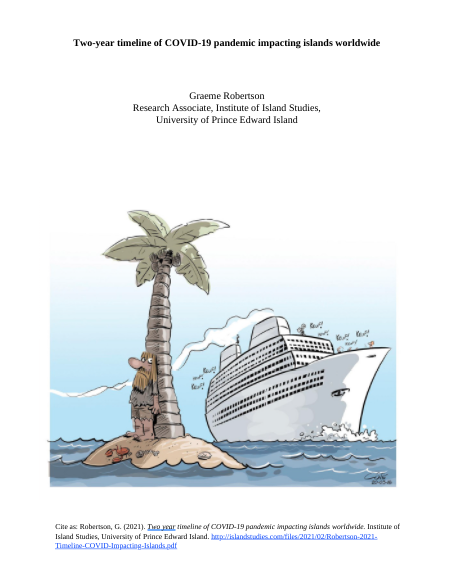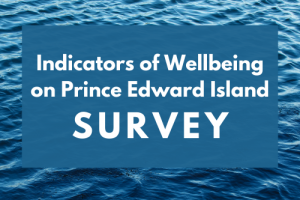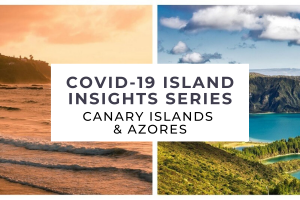March 29, 2022 —
The Institute of Island Studies at the University of Prince Edward Island is working with the Department of Economic Growth, Tourism and Culture to better understand population mobility and retention on Prince Edward Island. We want to know the factors that have led to the outmigration of PEI residents as well as those factors that have prompted PEI residents to remain in the province. Hearing from both those who have left and those who have stayed is important. In the end, the key motivation is to improve retention of newcomers. What we learn will feed into the next population strategy.
Researchers have created two online surveys: one for current PEI residents and one for former PEI residents. Says Dr. Laurie Brinklow, Interim Chair of the Institute of Island Studies, “All of us who live on PEI know stories about why some people leave the Island and some people stay, but we don’t have any concrete data to back this up. This is why we’re hoping to hear from as many people as possible through these two surveys. Reaching those who have left is going to be the most challenging, so once you’ve filled it out, if you know people who have moved, we’d love it if you could forward the link to them.”
The deadline for the completing survey is midnight April 15. Participants have the opportunity to enter a draw for one of fifty (50) $15 gift cards.
Population Retention Survey – Current PEI Residents: https://www.surveymonkey.com/r/PopulationRetentionCurrentResidentsofPEI
Population Retention Survey – Former PEI Residents: https://www.surveymonkey.com/r/PopulationRetentionFormerResidentsofPEI
DEADLINE: April 15
Please feel free to pass along these links to other current and former PEI residents who might be interested in sharing their thoughts on why they have remained on PEI, or why they moved away. If you have any questions, please do not hesitate to contact Laurie Brinklow at brinklow@upei.ca or Jim Randall at jarandall@upei.ca



